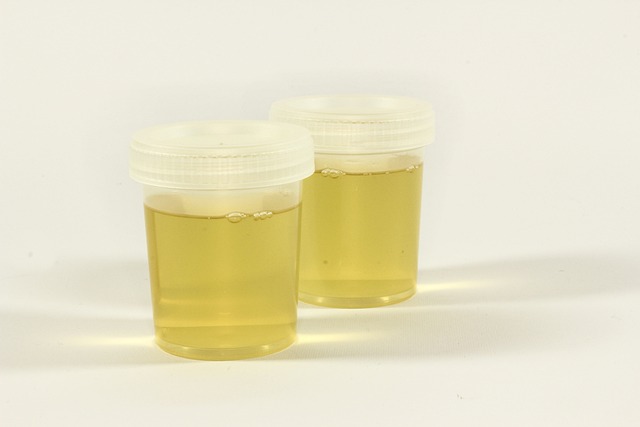Hemoglobinuria: Unexpected Signals You Must Not Ignore
Hemoglobinuria is a rare but serious condition that may silently signal underlying health issues. While often unnoticed in early stages, certain unexpected symptoms could point to a more significant problem. Understanding these signs is essential for timely diagnosis and treatment. This article uncovers the key warning signals of hemoglobinuria and what they could mean for your health.

What Are Early Signs of Hemoglobinuria You Might Overlook?
Recognizing the subtle indicators of hemoglobinuria can be challenging. The most prominent early sign is dark or tea-colored urine, which occurs when red blood cells break down and release hemoglobin into the urinary tract. Patients might also experience unexplained fatigue, weakness, and occasional shortness of breath. Some individuals report intermittent back pain or general discomfort that seems unrelated to typical urinary conditions.
How Hemoglobinuria Could Indicate a Deeper Health Issue
Hemoglobinuria is not a standalone condition but often a symptom of more complex underlying health problems. It can be a sign of various serious medical conditions, including autoimmune disorders, blood disorders, or even certain types of infections. The presence of hemoglobin in urine might indicate breakdown of red blood cells, which could result from inherited conditions, medications, or environmental factors that impact blood cell integrity.
Important Diagnostic Steps for Detecting Hemoglobinuria Early
Medical professionals typically employ multiple diagnostic approaches to confirm hemoglobinuria. Initial steps include a comprehensive urinalysis, which can detect the presence of hemoglobin in urine. Blood tests help evaluate overall blood cell health and identify potential underlying causes. Advanced diagnostic techniques like hemoglobin electrophoresis and genetic testing might be recommended to pinpoint specific disorders contributing to the condition.
Myths About Hemoglobin in Urine and How to Approach Them
Many misconceptions surround hemoglobinuria, potentially preventing individuals from seeking timely medical attention. One common myth is that dark urine always indicates a serious problem, when in reality, numerous factors can cause temporary discoloration. Another widespread misconception is that hemoglobinuria only affects older individuals, which is false. It can impact people of all ages and backgrounds.
Treatment Options and Healthcare Provider Considerations
Treatment for hemoglobinuria depends entirely on the underlying cause. Some patients might require blood transfusions, while others need targeted medication to manage specific blood disorders. Innovative therapies like complementary inhibitor treatments have shown promising results for certain hemoglobinuria-related conditions. Working closely with a hematology specialist ensures the most appropriate and personalized treatment approach.
Understanding Treatment and Provider Options
| Treatment Type | Provider Specialization | Typical Approach |
|---|---|---|
| Medication Management | Hematologist | Targeted drug therapies |
| Blood Transfusion | Specialized Blood Centers | Direct blood cell replacement |
| Genetic Counseling | Genetic Specialists | Inherited disorder assessment |
| Complementary Inhibitor Therapy | Advanced Medical Centers | Specialized blood disorder treatment |
Prices, rates, or cost estimates mentioned in this article are based on the latest available information but may change over time. Independent research is advised before making financial decisions.
This article is for informational purposes only and should not be considered medical advice. Please consult a qualified healthcare professional for personalized guidance and treatment.



